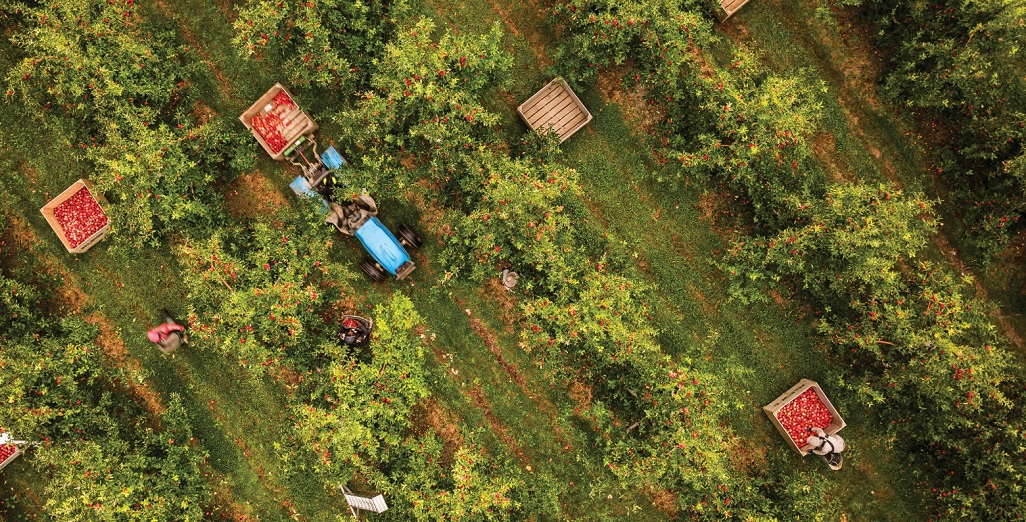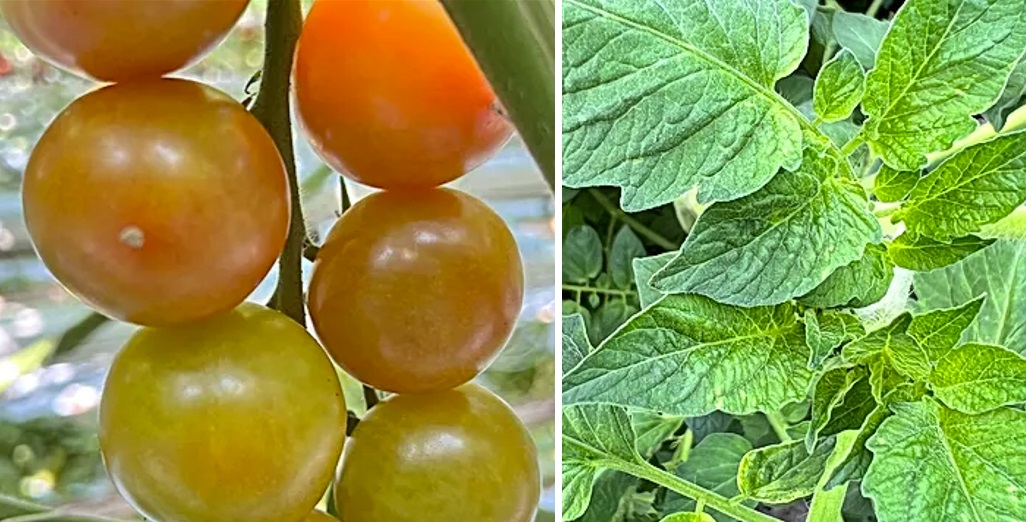Sign up here to subscribe to the Grower2grower Ezine. Every two weeks you will receive new articles, specific to the protected cropping industry, informing you of industry news and events straight to your inbox.
Apr 2021
Melons in Greenhouses 2021
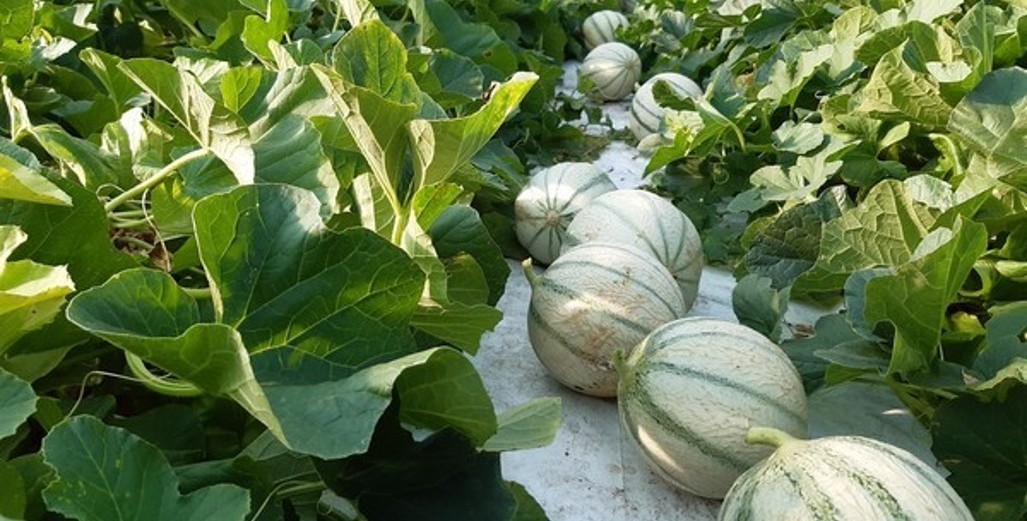
Grow them Vertically or on the Ground?
I contacted Sander Fleerakkers to ask if I could re publish an article featured on the Hortdaily last week, see below. What caught my eye was the approach of growing certain melon varieties on the ground and not vertically.
In the past five years several growers have been harvesting greenhouse melons with different results. I’ve grown melons myself in the past – it was a successfully grown crop. However, the return on investment was poor. One of the biggest issues is the labour cost required to train melons up a string and prune in an orderly way – similar to the work required for greenhouse cucumber crops. I have always wondered if any grower would consider growing outdoor varieties by simply letting them grow on the ground in their greenhouses.
It may be a very easy crop to control at very low costs. Planting early and by using a small amount of energy you could get the plants well advanced compared to an outdoor crop. To reduce energy cost, simply turn your heating off at a similar point outdoor crops are being planted – or possibly earlier. For growers that have pipe rail heating simply make sure that one row in the middle of your bay is kept free of the lateral growth. This will allow trolleys to go up and down for harvesting and spraying requirements. You may want the laterals to go under adjacent rows pipe rails for ease of harvest.
For growers that want to avoid the historically low late spring tomato prices and want to schedule their new tomato plantings for the new year, this could be a low investment crop with satisfactory returns subject to a marketing agreement. If you read the article below you will note the benefits that growers in Belgium have had.
Australian Imports:
I am unsure if melons will be allowed back into New Zealand from Australia due to the detection of cucumber green mottle mosaic virus (CGMMV) found on a consignment of watermelons from Queensland in late 2019. I would encourage growers to contact MPI to find out if a decision has been approved for the upcoming season.
https://www.mpi.govt.nz/dmsdocument/44017-Melon-from-Australia-draft-IHS-amendment-for-consultation

Sander Fleerakkers, Research Station for Vegetable Production
“Warm summers, new cultivation methods and varieties offer chances for Belgian melon farming”
In recent years, several trials have been conducted with melons in Belgium. The Research Station for Vegetable Production is doing these. "The last few summers have been warm. There are new insights and cultivation techniques and a revitalized variety range. All this means there's renewed potential for melons in Belgium," says the Station's Sander Fleerakkers.
“Growing melons in Flanders isn't anything new. At the end of the last century, farmers were cultivating melons reasonably successfully in greenhouses. Then sweeter, cheaper melons began arriving from Southern Europe. So, Belgian melons were out-competed, and large-scale cultivation disappeared. However, in recent years there have been developments in the country's melon farming. The hot, dry summers and revitalized varieties offer potential to revive this crop."
“We've been doing trials for three years now. We want to see if melon cultivation is profitable for growers. And if, and how, it's possible. We conducted tests in the greenhouse with wired melons like in cucumber farming. But we also carried out trials with open field cultivation beds," continues Sander.
"That requires much less work than wired cultivation. There, the plants have to be pruned and tied up. The cultivation bed tests, both in the open and in tunnels, proved successful. The outdoor farming gave excellent results. Tunnel cultivation, however, was an even greater success. It produced far more, larger fruits and a longer harvest season."
“We ran various tests with different Charentais and Galia varieties too. Last year we started testing with watermelons, but it's not going so well yet. Watermelons are very susceptible to diseases. This year we'll continue testing other watermelon varieties and Piel de Sapo melons," Sander explains.

He says many farmers are interested in growing melons. "There are several growers who've done independent trials. The BelOrta cooperative also started with locally-grown melons last year. It's a product with which farmers can distinguish themselves nicely. But it's also something that suits a short chain well. Besides melons, other crops are also making an appearance in Belgium. We're cultivating Edamame too."
"These new products are gaining a lot of attention nowadays. But, it remains risky. We've had a couple of great summers. However, that doesn't mean every summer's going to be the same," Fleerakkers says. "Last year's weather was perfect for melons. But we might get a lot of rain in August this year. That could greatly impact the crop and the melon's quality, especially the outdoor ones."
“BelOrta will again market the melons. Sales must go smoothly; these products have to reach stores quickly. Because we're close to end-users, local cultivation has an advantage. We can harvest the fruit a little later. That means a few days difference from Southern European melons. Those are harvested green and ripen during transport. So, Belgian melons taste great and ripen quickly, ready to be eaten. If the trials keep proving successful, Belgian-grown melons have a promising future," concludes Sander.


For more information:
 Sander Fleerakkers
Sander Fleerakkers
Proefstation voor de
Groenteteelt
101 Duffelsesteenweg
2860, Sint-Katelijne-Waver, Belgium
Tel: +32 (0) 153 00 060
Email: Sander.fleerakkers@proefstation.be
Website: www.proefstation.be
Original article source: https://www.hortidaily.com/article/9312728/warm-summers-new-cultivation-methods-and-varieties-offer-chances-for-belgian-melon-farming/
CLASSIFIED
Subscribe to our E-Zine
More
From This Category
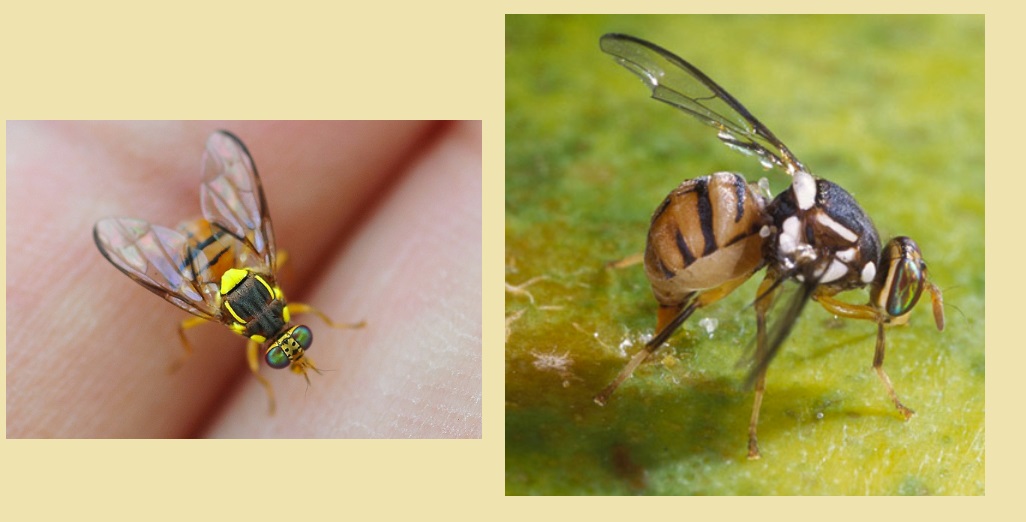
Oriental fruit fly found in Papatoetoe: response underway
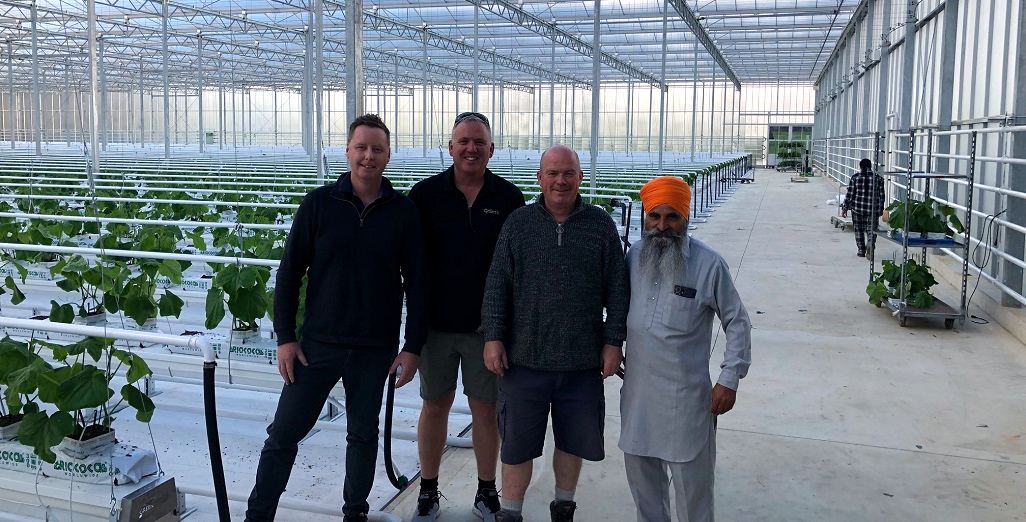
(Best of 2024) Aka Aka Produce celebrate planting in their brand-new high-tech greenhouse
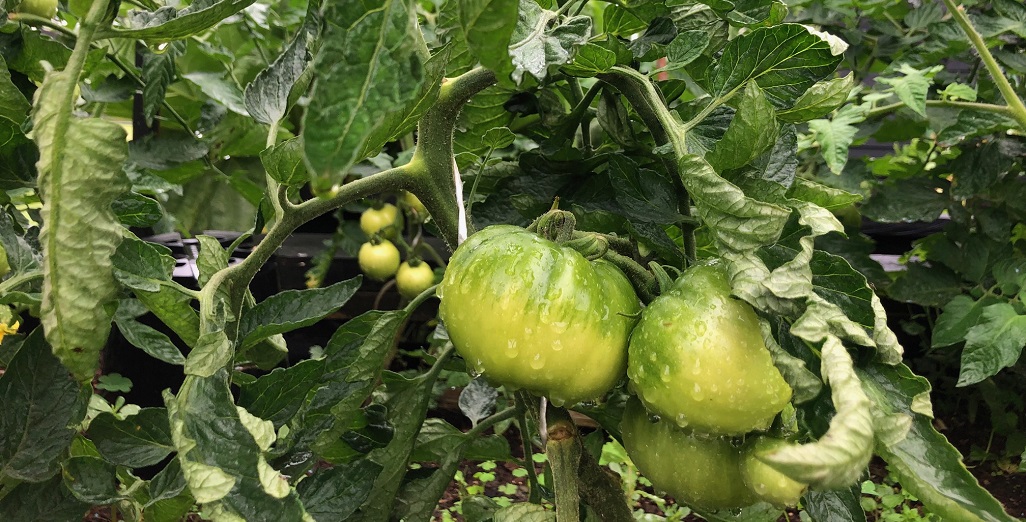
Greenhouse Production in the Future – Mike Nichols
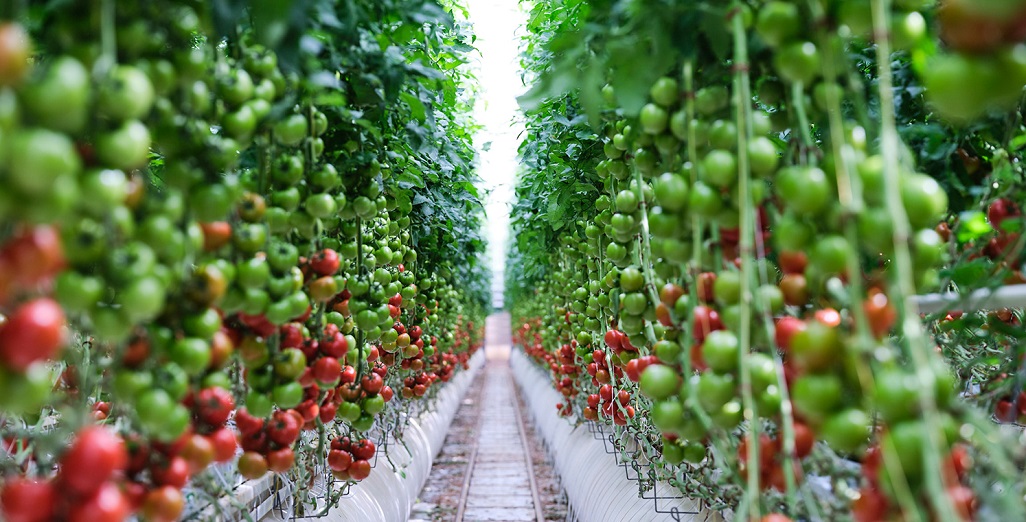
Industry spearheads adoption of labour-saving tech with $52M boost (Australia)
